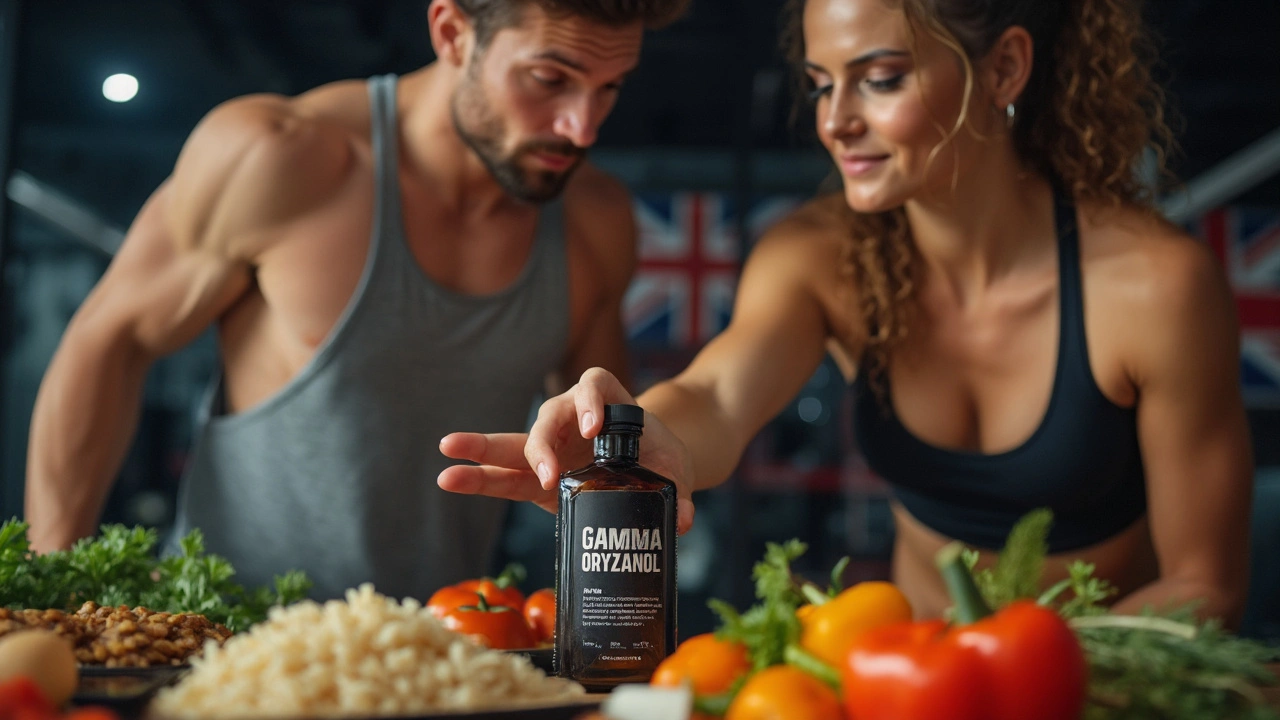Supplement guides: smart, safe choices for everyday health
Want clear, no-fluff advice about supplements? This tag collects practical guides and honest reviews so you can decide what to try, what to skip, and how to stay safe. We cover popular options like curcumin, quercetin, omega-3s, and trending picks like lemon eucalyptus — plus deeper looks at when supplements can act as drug alternatives or add-on therapy.
How to pick a supplement that actually helps
Start with a real goal: reduce joint pain, support heart health, ease inflammation, or fill a vitamin gap. Match the supplement to that goal and look for clinical evidence — not just hype. For inflammation, curcumin and omega-3s have solid trials showing benefit. For immune support, quercetin shows promise in lab and small human studies, but it’s not a cure-all. If an article here suggests a supplement as an alternative to a prescription drug, read the research summary and safety notes first.
Check the label: active ingredient and dose, purity tests (like USP, NSF, or third-party certificates), and whether the product contains fillers or added sugars. Avoid proprietary blends that hide doses. If the dose on the label is far below what clinical studies used, don’t expect the same results.
Safety, interactions, and buying tips
Supplements can help — and they can interfere with medicines. St. John’s wort, high-dose omega-3s, or certain herbal extracts can affect blood thinners, antidepressants, or blood pressure meds. Always tell your doctor or pharmacist what you take, especially if you’re pregnant, breastfeeding, have kidney or liver problems, or take multiple prescriptions.
Buy from reputable sources. Look for companies that publish third-party lab results or clinical studies. Online pharmacies and specialty retailers can be safe if they require clear contact info and transparent testing. Avoid sellers that make wild disease claims or offer huge discounts with no accountability.
Think in terms of trials. Try one supplement at a time for at least 6–12 weeks at a study-backed dose. Track symptoms, side effects, and any changes in lab tests your doctor orders. If nothing changes, stop. If side effects appear, stop and check with your clinician.
We also cover specific situations: supplements suggested as alternatives to some drugs, natural anti-inflammatory options, and trending new nutraceuticals. For example, our pieces on hydroxychloroquine alternatives review curcumin, quercetin, and omega-3s with recent study notes. The lemon eucalyptus article explains why it’s trending and how people use it safely.
Use this tag to compare options, check safety notes, and find links to detailed guides. If you need personalized advice, ask a pharmacist or doctor — especially when mixing supplements with prescription meds. Browse the articles here to get focused, practical help that you can use today.

